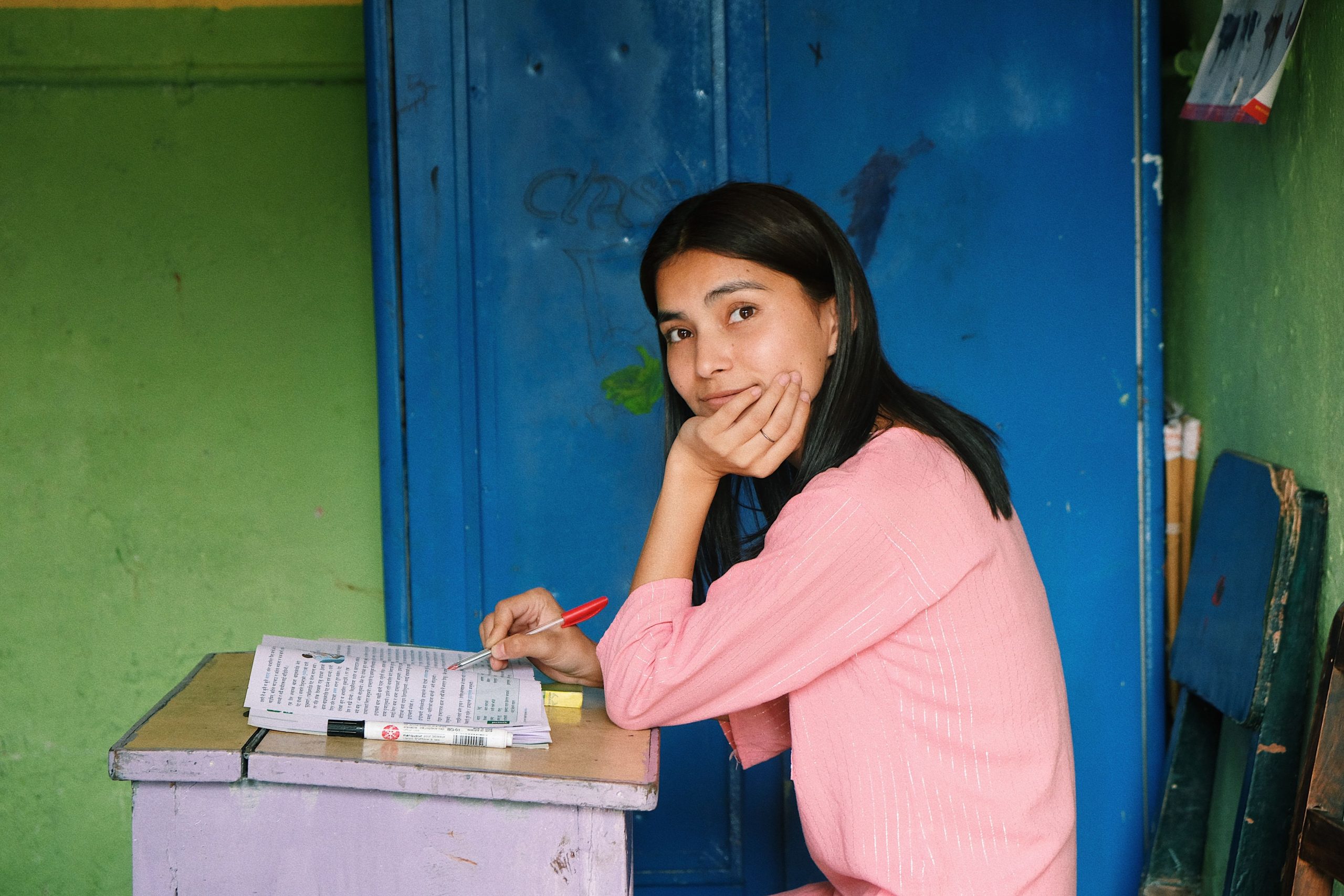
About Us
The history of
Hope worldwide Nepal
Hope worldwide Nepal is a non-governmental organization dedicated to uplifting underprivileged children and empowering communities in Nepal. Founded in 1994, their mission revolves around providing education, support, and opportunities to those in need. At the heart of their efforts is Asha Vidhyashram School, established in 1994, which offers free education to around 120 underprivileged children annually from migrant families.
In addition to education, Hope worldwide Nepal addresses basic necessities by providing free meals, clothes, and stationery supplies to children, enabling them to focus on their studies and personal growth. They also empower women through vocational training programs in tailoring and beauty culture, fostering self-reliance and economic independence.
Recognizing the importance of technology, the organization offers free computer courses to approximately 400 youths annually, enhancing their employment prospects and personal growth opportunities. Moreover, in Chhaimale Village, they operate a Center and Factory, employing local villagers and providing microloans to farmers, ensuring sustainable community development.
Hope worldwide Nepal’s commitment lies in providing every individual, regardless of their circumstances, with the chance to succeed and lead a fulfilling life. Through their various programs and initiatives, they aim to build a brighter future for the underprivileged children of Balaju Height and empower the community as a whole.
Our Vision
Centered on empowerment, our vision unfolds through four strategic steps
- Confronting the intricate challenges faced by marginalized individuals, effecting lasting and sustainable change.
- Championing gender equality and inclusivity, challenging societal norms, and forging a path towards a more equitable future.
- Delivering accessible, high-quality education to underprivileged students.
- Equipping individuals with vocational training tailored to modern job markets, fostering self-sufficiency and economic empowerment.
